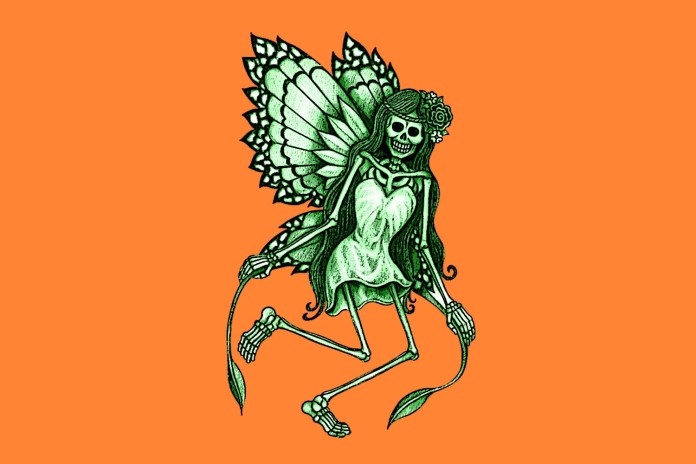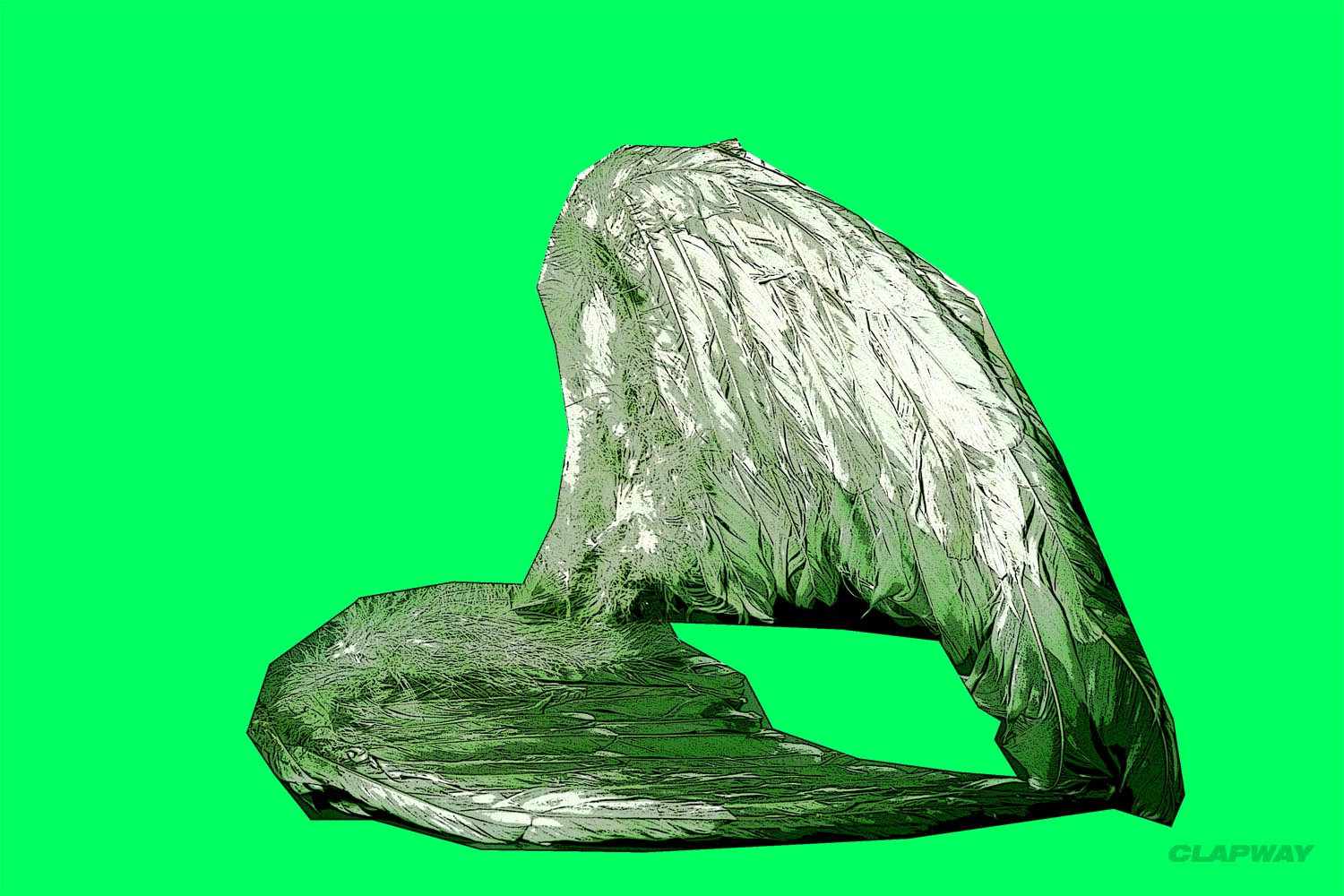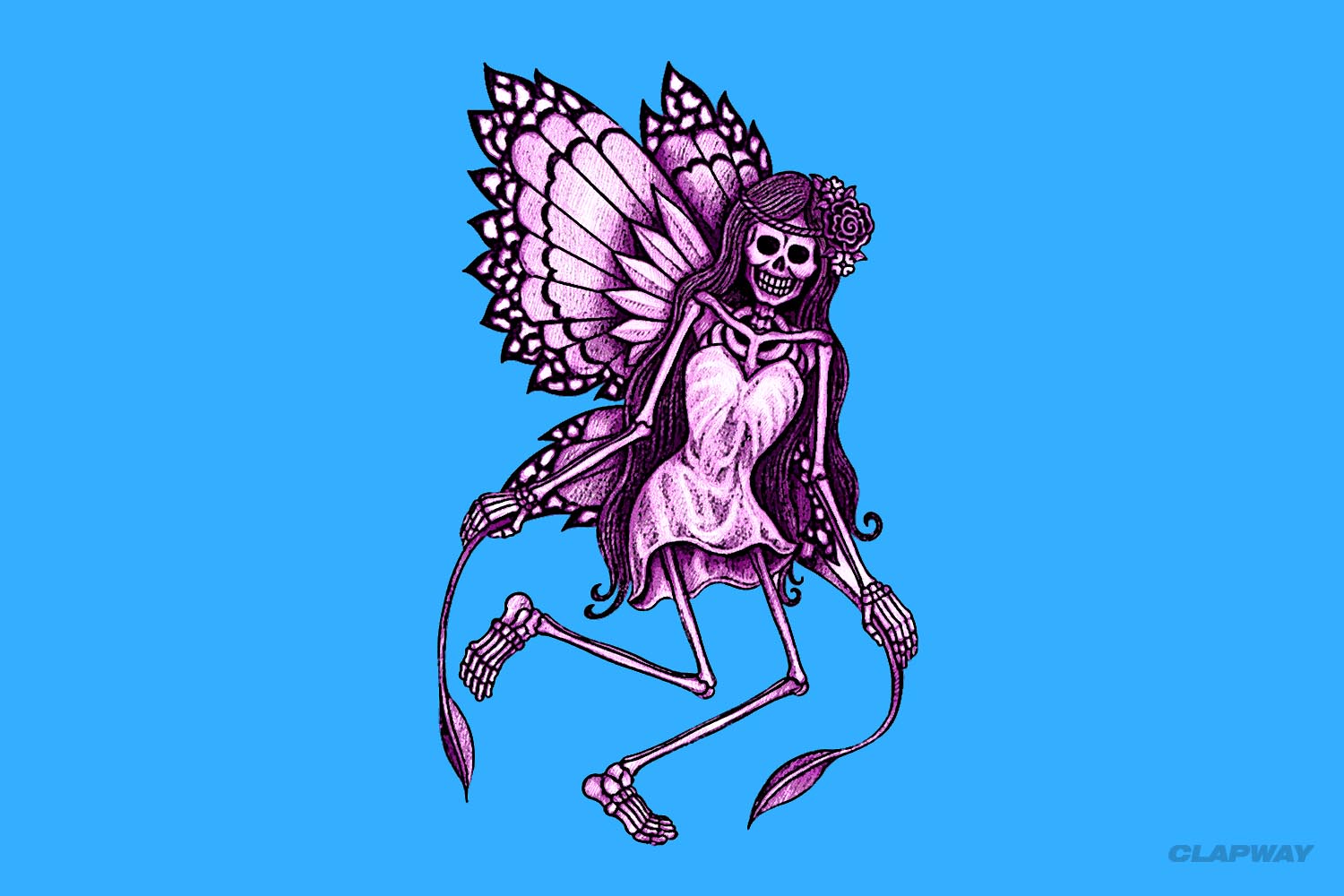
The Facebook Free Basics initiative has received a lot of attention with it’s controversial intentions. Mark Zuckerberg has stepped up to the plate to give the public a new pitch concerning Facebook Free Basics, telling the whole world that net neutrality must be protected.

Facebook Free Basics Gives People Free Education, Health, and Employment Services
Thanks to this new platform, a lot of people will be getting many education services, health care and employment listings from a series of apps, free of charge. These applications are specifically designed for the Free Basics initiative and can work even on phones without data plans.
This Program Doesn’t Allow Access to YouTube, Gmail, Google or Twitter
One of the most important details about this system is that it excludes other platforms that have become the go-to for many. Gmail has over 900 million users all over the world. YouTube gets hundreds of millions of hits every day. Twitter, though smaller, still circulates the data of over 300 million users. Why doesn’t Facebook Free Basics support these platforms?
It’s likely because they don’t stand for the same kind of net neutrality that Zuckerberg is endorsing. The Facebook CEO appeared on a video this week to promote Free Basics in person, even going as far as writing an appeal on a major newspaper. Zuckerberg is specifically aiming for a free internet for India, the second most disconnected country in the world.
Facebook Endorses Internet Equality
Mark Zuckerberg went on to explain that Facebook is not looking for profit from this project. Critics have slammed Free Basics for accepting a few services for free but rejecting other. This has caused the program to be suspended in India.
Zuckerberg: Connectivity is A Human Right
So the CEO has taken to Indian newspapers to respond. His article, titled ‘Free Basics Protects Net Neutrality’ declares the service as a bridge to gap the internet with equality. This article isn’t alone, either. It is accompanied by advertisements and video. The reaction from India is yet to be seen. The same can also be said for Google, Twitter and YouTube, who have not stated a firm position in the debate of net neutrality.

https://www.youtube.com/watch?v=zHQZTZv82hA

















